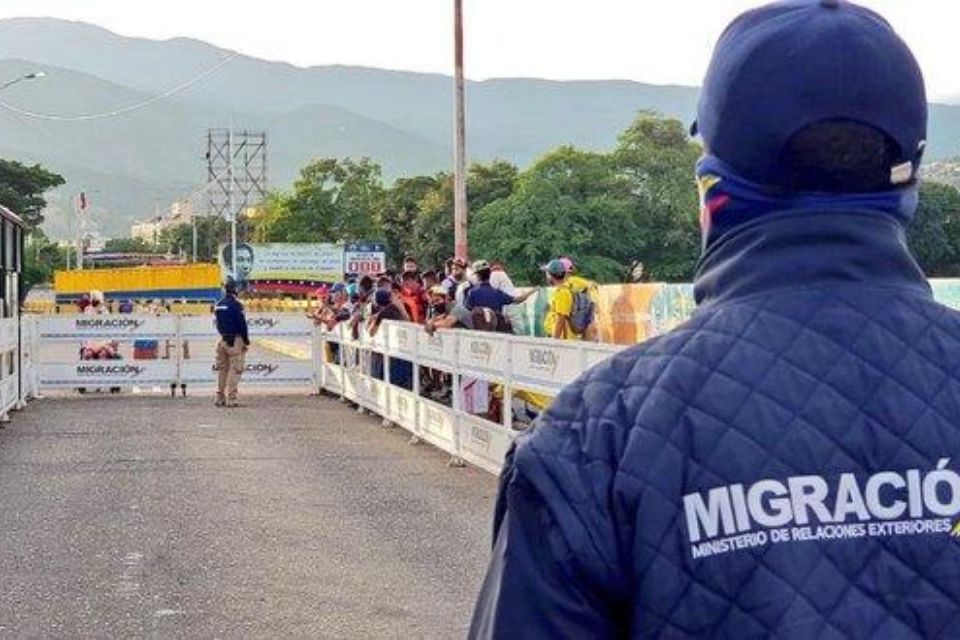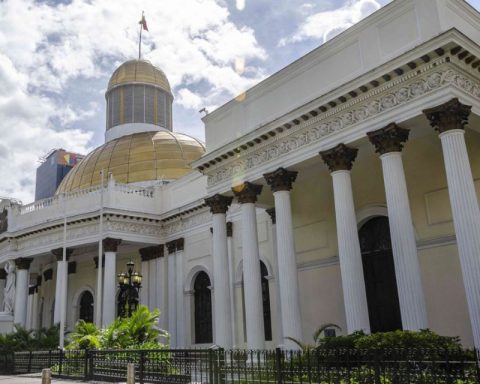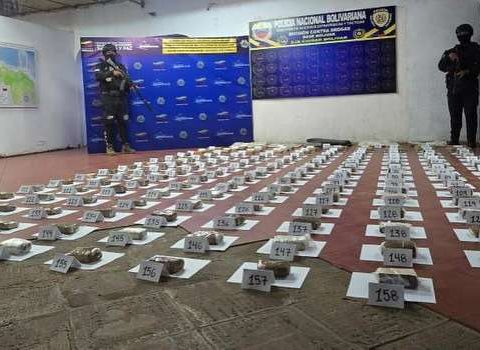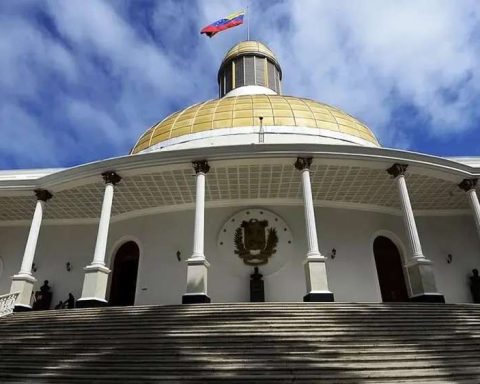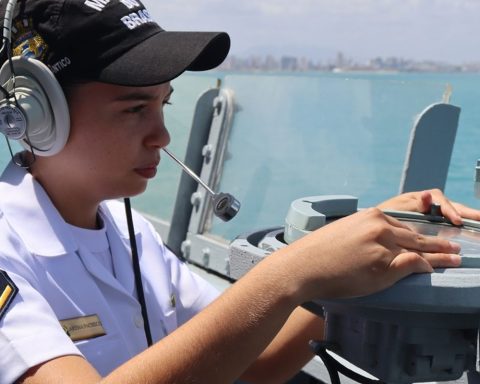The document signed in San José de Cúcuta, Colombia, agrees to review and return to international agreements, resume passenger air traffic and merchandise transport
Government representatives and unions from Colombia and Venezuela signed this Thursday, August 18, the Cúcuta Agreement to advance in the gradual reopening of the border.
“Given the expectation of commercial opening on the border and the reestablishment of binational relations between Colombia and Venezuela, the union leaders of both countries initiated an agenda to reconnect the Colombian-Venezuelan business community, encourage legal commercial dynamics and harmonize complementary integration actions”, was indicated in the document.
Among the agreed points are:
1. Restore commercial and investment ties between businessmen, unions and authorities from Venezuela and Colombia to generate rapprochements and binational events within the framework of Business Roundtables, which glimpse the sectors of economic, productive and industrial complementarity, as well as the opportunities and needs of market in both countries.
two. Restore the free flow of cargo transport, movement of goods, private vehicles and pedestrians through all border crossings, simplifying administrative procedures, customs and transport processes. Articulate the institutions related to foreign trade operations to generate greater fluidity in customs, regulatory and technical procedures in order to reduce the time and costs in the clearance of goods.
3. Advance in the normative proposals that contribute to consolidate binational integration in institutional, legal, tax and international agreement aspects such as: the ratification of the international cargo and passenger transport agreement by road, the resumption of regional and national air traffic for cargo and passengers, and update the partial scope agreement of a commercial nature No. 28 in force between both countries.
Four. It is necessary to strengthen the Andean economic integration between Colombia and Venezuela through the joint work of binational unions and other key actors.
5. In the short and medium term, identify sectors of economic complementation compatible with the objectives of sustainable development in the areas of education, health, tourism and energy transition.
The two-sided agenda
The agenda for the reactivation of trade and binational integration was signed by representatives of Fedecamaras Táchira, the Norte de Santander Inter-union Committee, the Colombo-Venezuelan Chamber and the Chamber of Venezuelan-Colombian Economic Integration.
The following are the points of the agreed agenda for the reestablishment of the binational relationship:
We will continue accompanying the process of gradual, safe and agile opening of the border in Norte de Santander – Táchira, since it will be the only way to recover normality, reestablish security and the social, cultural and commercial border exchange generated by integration and complementarity between both countries.
Considering that economic activation requires complementary actions and events that promote and strengthen cultural, scientific, technological, tourism, ecological, and sports activities, we will promote, with organizations and entities of these sectors, events that allow social rapprochement between Venezuela and Colombia.
Promote the design of public policies to promote a Border Development Plan that contemplates structural transformations and added value in social, industrial, economic and productive development, multimodal exchange, Dry Port, employment generation, as well as the reduction of poverty and unsafety.
Make proposals to update the legal regulations, which allow with the principles of equity and complementarity, reciprocity and mutual benefit.
Carry out a Binational Business Roundtable as a necessary step for commercial activation, identifying the key sectors and actors with potential.
*Also read: Binational trade meeting in Cúcuta ends without a border opening date
Post Views:
324
